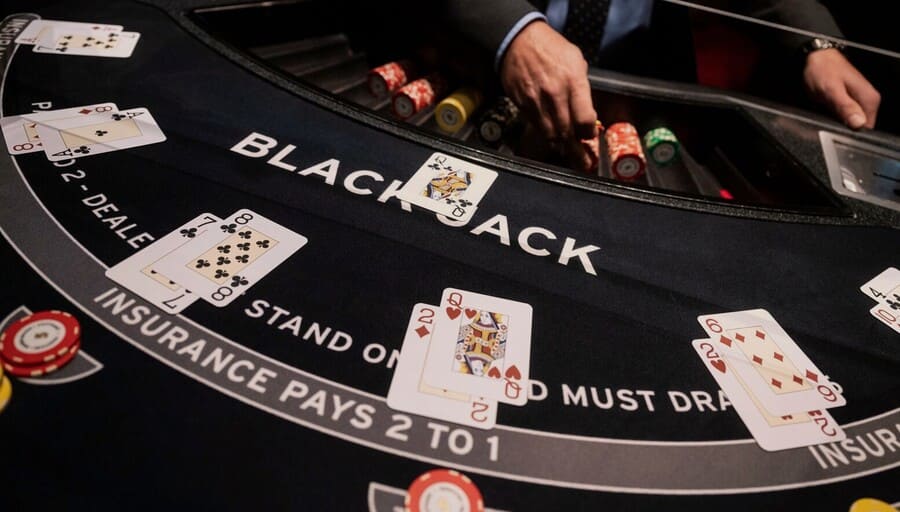If you think that winning at gambling depends only on luck, you are deeply mistaken. Any game requires a huge amount of knowledge from the player. Blackjack is no exception, during the game pops up a lot of details that every gambler must take note of. One of these nuances are the cards. It is very important to distinguish blackjack bust cards from regular ones. Only then you can really hope for big winnings.
Blackjack odds of success
Before you sit down at the table and start playing blackjack, the main thing to understand is what the odds of winning are. There is a paltry 1.25% chance that you will have blackjack on the dealer’s deal, while the probability of getting twenty points on the first hand is about 10.1%. As with any card game, the probability of winning or losing in blackjack changes with the opening of each new card. The highest odds of winning are with an ace in the starting hand. But when blackjack bust cards appear, this probability, on the contrary, decreases.
What is blackjack bust cards?
As you have already understood from the first card of the dealer, which is exposed depends very much and it determines the further strategy of the player.
- Therefore, the dealer’s hand can be divided into two types:
- cards that can give the croupier an advantage
- blackjack bust cards that can bring losses to the dealer
What are these cards? Bust cards in blackjack are those cards with which it is impossible to predict the further outcome and at the same time the chances of players winning increase with the dealer’s bust cards. 2,3,4,5,6 are commonly referred to as blackjack bust cards.
It is even statistically proven that the best hand that brings the most winnings to the player is when the dealer has a deuce, three, four, five or six and you have an ace.
In this case, the player doesn’t need to take much risk trying to collect 21 points-the main goals is to stay calm. However, there are times when a player’s hand comes out with less than 18 and he may want to be more aggressive and take another card, risking a loss to try to get a better hand. In most cases, this risk is unwarranted. But if the dealer is dealt a card higher than six, there’s a good chance he’ll get a good hand of 19, 20, or even 21 points.
In any case, it’s all theory, but in practice, the really important rule is not to neglect blackjack bust cards and always take them into account. Because that can really be the player’s advantage over the dealer in a particular deal.
